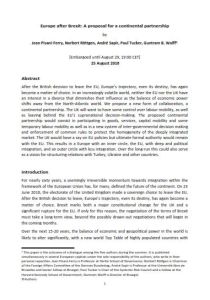
Recommendation
Brexit is a watershed event in the history of modern Europe, marking an abrupt change in what has been for close to six decades a slow but steady progression toward greater unification in Europe. The United Kingdom’s vote has left European Union decision makers somewhat at sea on how to address the changes that will inevitably affect the EU’s economic, political and regulatory edifice. This intriguing article from a group of policy makers and academics presents a vision of a “continental partnership” that would enable continued economic and political collaboration, albeit with concessions from both sides of the channel. getAbstract recommends this succinct and accessible proposal to policy makers and others interested in the consequences of Brexit.
Summary
About the Authors
Jean Pisani-Ferry is a Hertie School of Governance professor. Norbert Röttgen chairs the Foreign Affairs Committee of the German Bundestag. André Sapir is a professor at the Université Libre de Bruxelles. Paul Tucker is chair of the Systemic Risk Council and a fellow at the Harvard Kennedy School of Government. Guntram B. Wolff is the director of Bruegel.









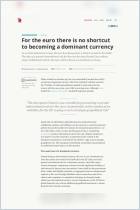
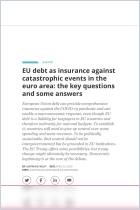
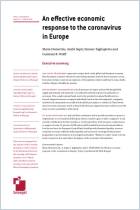
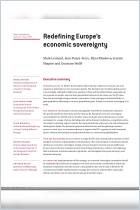
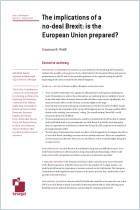
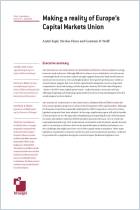
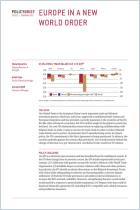
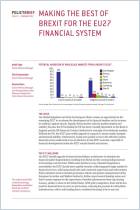
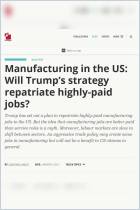
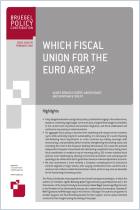
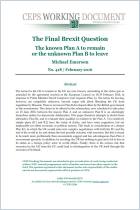
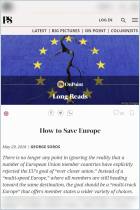
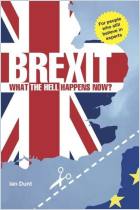
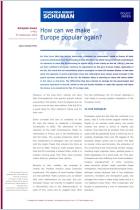
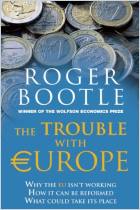
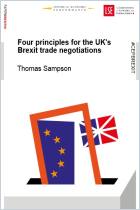




Comment on this summary or 开始讨论